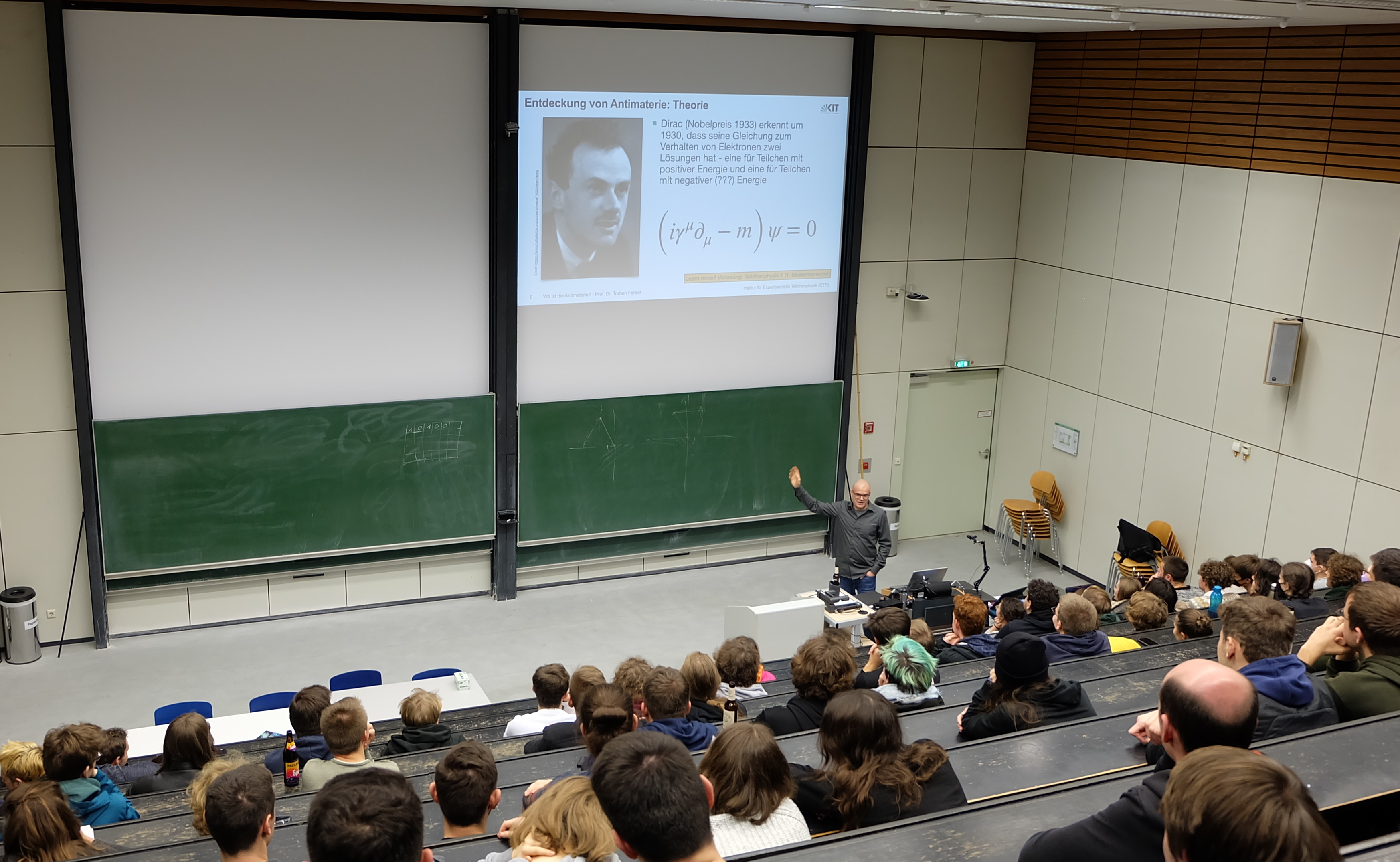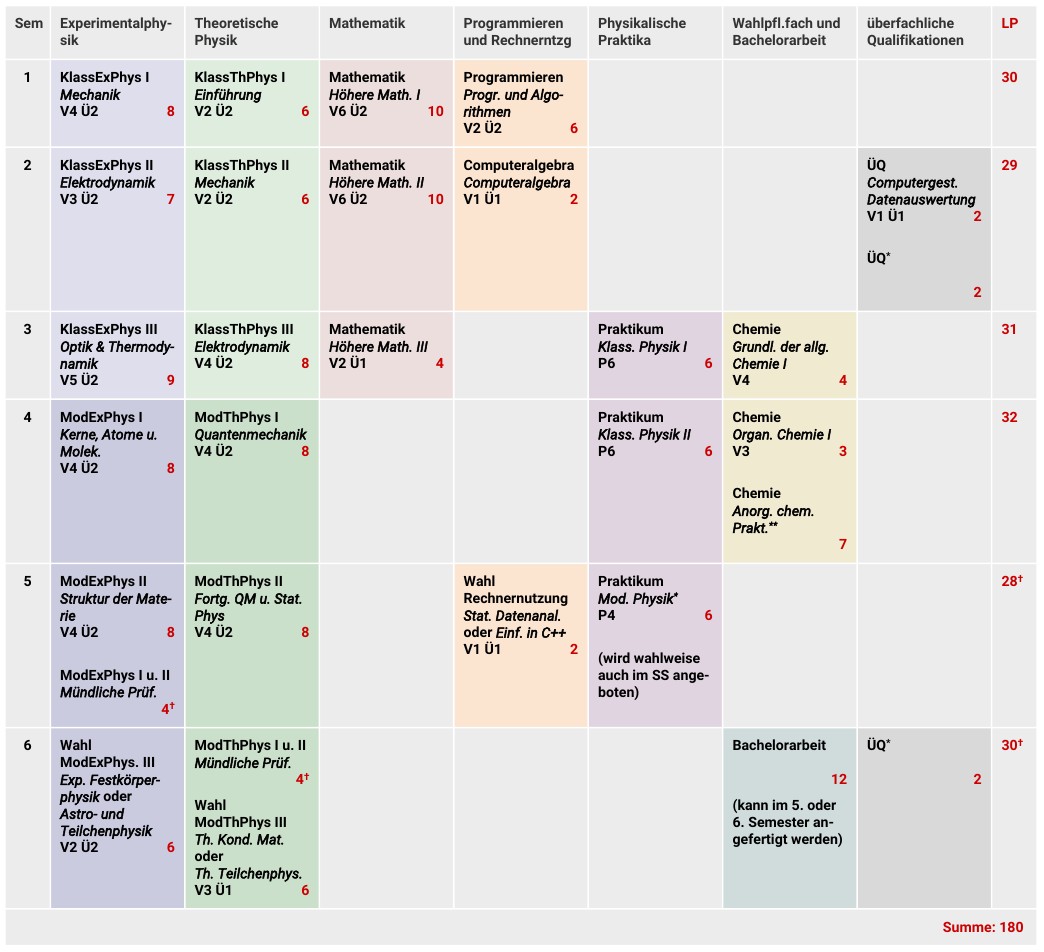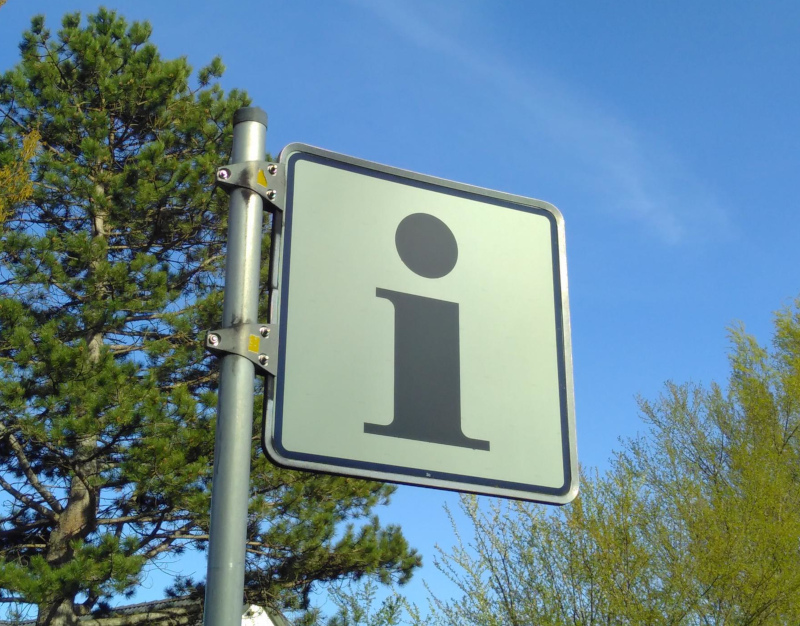Computers are ubiquitous and indispensable tools in physics research. Experiments are controlled by computers and measurement data are electronically recorded, analyzed and graphically displayed. Many theoretical predictions and models are based on numerical or algebraic calculations on computers.
The courses on computers in physics of the bachelor study program prepares you for this in the best possible way: You will learn a widely used programming language and a computer algebra system. In practical computer exercises you will use both as tools to work on physical problems. In the courses on experimental and theoretical physics, you will learn about the many possible applications for these tools.












